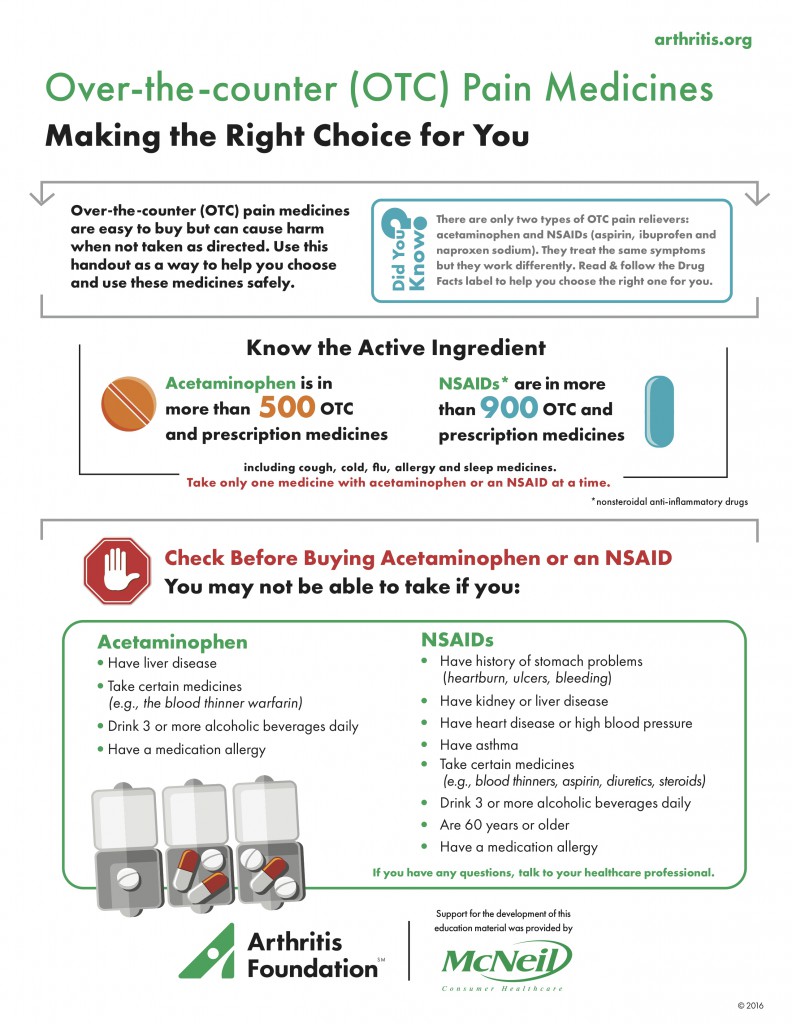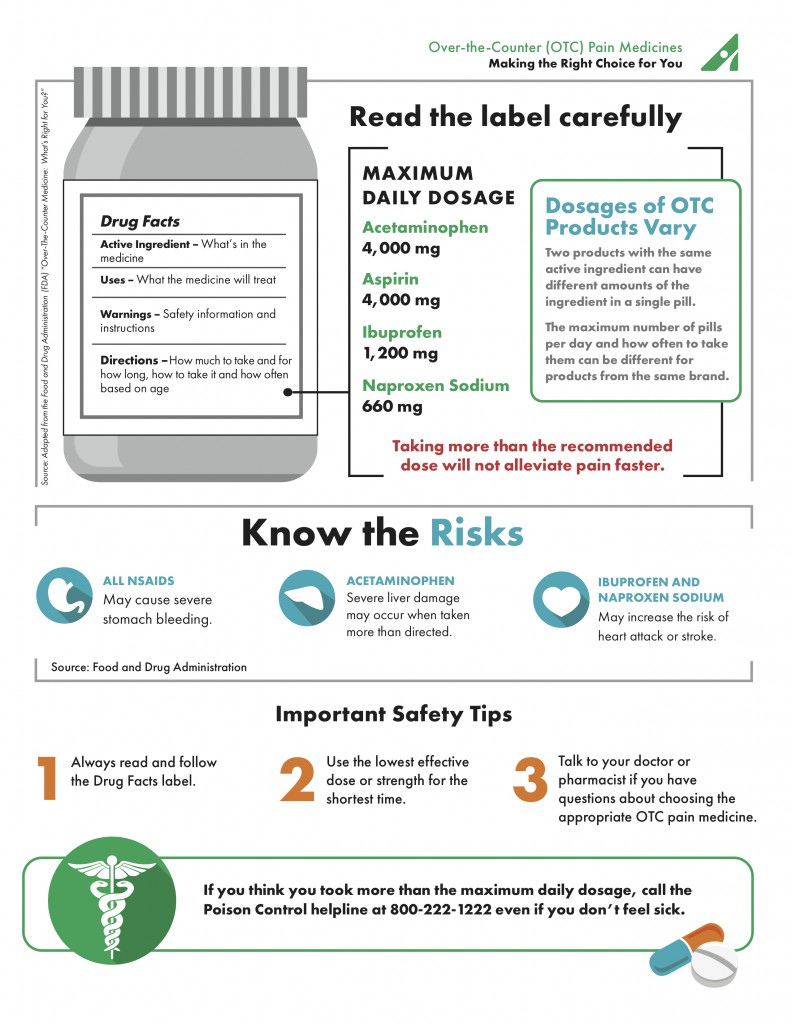Arthritis Awareness
The word arthritis is the common term for a lot of different conditions. All of these disorders involve pain, swelling and changes that can restrict movement of joints. It is a pervasive condition with approximately 1.7 billion people affected worldwide. According to the Arthritis Foundation, over 50 million or 1 in 5 of adults in the US suffer from doctor-diagnosed arthritis and 1 in every 250 children suffer from rheumatoid arthritis. May is National Arthritis Awareness Month.
What is arthritis?
This number one cause of disability can be classified according to cause: Degenerative, Inflammatory, Infectious and Metabolic.
- Degenerative: Osteoarthritis is the most common form of degenerative arthritis. It occurs as the cartilage between bones in the joints wear out. When that cushion between bones is lost, pain results.
- Inflammatory: Inflammatory arthritis, like rheumatoid and psoriatic, are autoimmune conditions meaning the immune system attacks the body. Recent research indicates an association of rheumatoid arthritis with heart attack, sudden cardiovascular disease death, peripheral artery disease and heart failure.
- Infectious: As the name implies, organisms like bacteria, fungi and viruses, are involved in Infectious arthritis. Salmonella (bacteria) and hepatitis C (virus) are two of the organisms that can infect joints.
- Metabolic: Metabolic arthritis is caused by excessive uric acid. People naturally produce uric acid in the digestive process. Unfortunately, some people overproduce it or are not able to remove it from the body effectively. Uric acid can crystalize in the joints and cause severe pain. Eating a low uric acid diet and increasing consumption of cherries, water and Vitamin C are some of the strategies used to deal with gout.
Pain Control
Many people utilize over-the-counter (OTC) medications along with prescribed medicines to deal with the pain of arthritis. Yet over-the-counter medication, like acetaminophen, need to be used with caution. Overdoses of acetaminophen are more common than you think; one study estimated almost 80,000 emergency department visits per year from acetaminophen overdoses. Worldwide, acetaminophen overdose is one of the most common forms of poisoning. Those with very low health literacy are more likely to exceed the maximum tolerable dosage than those with average health literacy.
The FDA requires this warning message on products containing acetaminophen:
“Liver warning: This product contains acetaminophen. Severe liver damage may occur if you take • more than 4,000 mg of acetaminophen in 24 hours • with other drugs containing acetaminophen • 3 or more alcoholic drinks every day while using this product.”
An example of 4000 mg of acetaminophen is 8 Extra-Strength (500 mg) Tylenol. Below is an infographic created by the Arthritis Foundation to help people figure out over-the-counter pain medications.
Research Funding
According to a statement from the Arthritis Foundation to the House Appropriations Committee Subcommittee on Labor, Health and Human Services, and Education and Related Agencies, “at least 20% of the population in every state in the US” is affected by arthritis. Unfortunately, even though arthritis impacts so many, Federal funding for research on arthritis is lower than cancer and heart disease. the funding for research is much lower than for other major conditions like cancer or heart disease. In fact, the annual funding from NIH between 2009 and 2013 for musculoskeletal conditions was $7.8 billion while cancers received 43.5 billion and heart/circulatory disorders received $25.9 billion.
Do you think there needs to be greater awareness of Arthritis? Tell us your thoughts in the comments section.
Sign Up for Rheumatoid Arthritis Updates
If you have rheumatoid arthritis or rheumatoid disease, you can receive reliable, personalized online health information about your condition right in your email. Consider signing up for Medivizor.









I want to read and know alot about arthritis.thank you
For some creative RA hacks to help with arthritis challenges see http://www.healthline.com/health/rheumatoid-arthritis/life-hacks